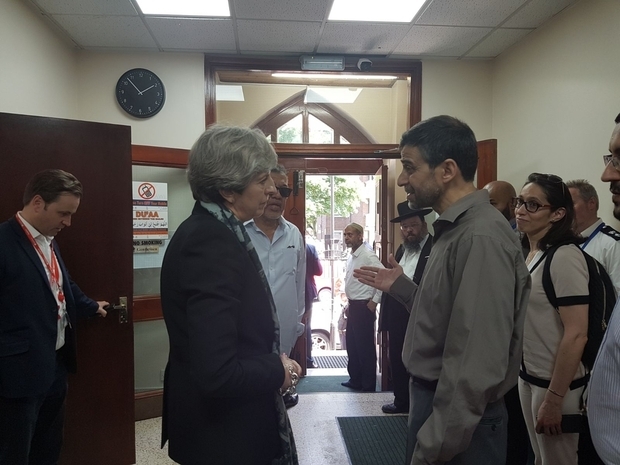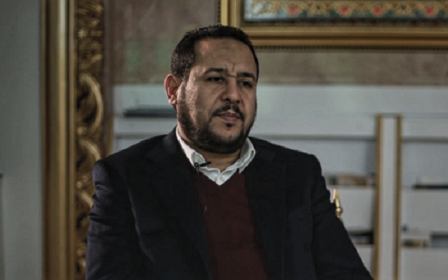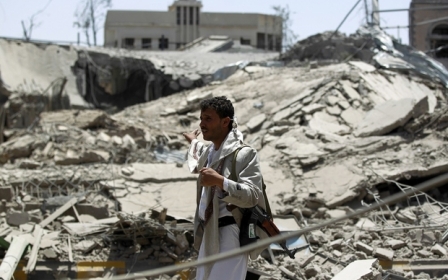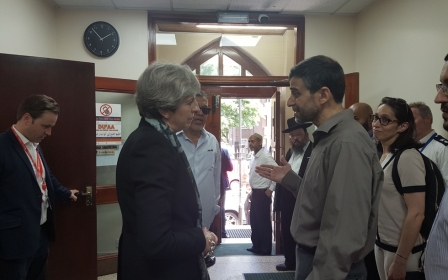Telegraph pays 'substantial damages' to UK mosque leader for defamation
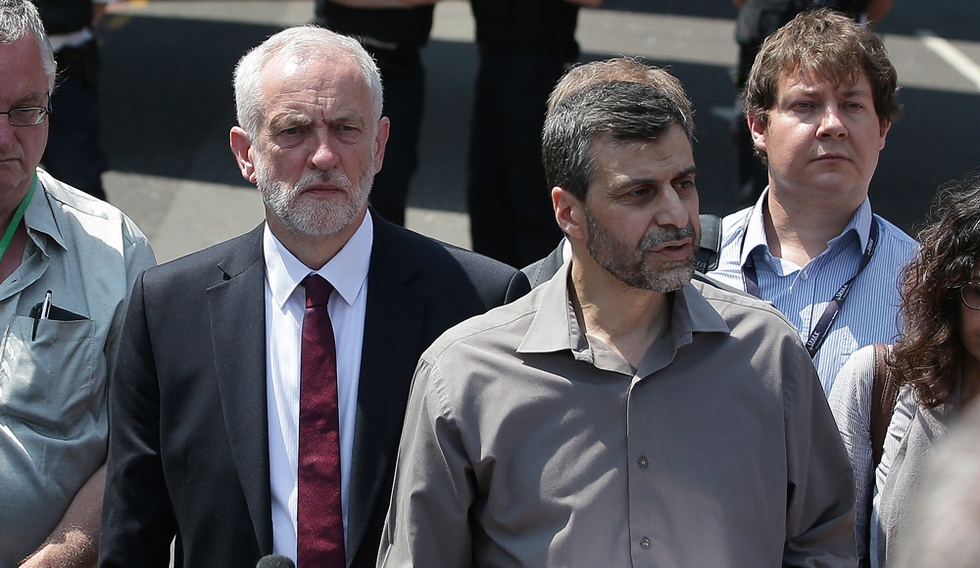
The Telegraph Media Group on Wednesday agreed to pay "substantial damages" to settle a defamation case brought by the chairman of the Finsbury Park mosque over an article in the Sunday Telegraph newspaper which falsely alleged that he held extremist views.
In a statement, Mohammed Kozbar, who is also the vice-chairman of the Muslim Association of Britain, said he had felt compelled to take legal action in order to make a stand against "Islamophobic media coverage".
The article, published in March 2016 and written by Andrew Gilligan, falsely alleged that Kozbar supported Palestinian violence against Israel's occupation, and that he blamed the UK for the rise of the Islamic State (IS) group.
"I felt that a defamation claim was the only option in order to protect my community at the Finsbury Park Mosque from continuing Islamophobic media coverage," Kozbar said in a statement on Wednesday.
"The truth is that I abhor and condemn the use of violence in any situation."
The article highlighted Kozbar's relationship with Jeremy Corbyn, the leader of the opposition Labour Party and the member of parliament for the north London constituency where the Finsbury Park mosque is located.
In comments reported by the Guardian newspaper, Kozbar said the article had also been an attack on Corbyn.
“It was not just myself who was the target of this article, it was Jeremy Corbyn,” he said.
“The aim was to damage the reputation of Jeremy and make his progress with the Labour party more difficult."
After the High Court ruled in Kozbar's favour, the Telegraph removed the article from its website and posted a statement to say that it had "accepted an offer to settle the claim by payment of substantial damages and his costs to be agreed".
The settlement is understood to be about £30,000 ($40,000).
In a statement, Jonathan Coad, Kozbar's lawyer, cited comments by Sayeeda Warsi, a former co-chair of the Conservative Party, who last year said described Islamophobia in some sections of the media as "relentless and deliberate".
"While there are many responsible elements of the press, the demonising of Muslims in some parts of it is immensely destructive," said Coad.
And he said: "These legal proceedings should never have been necessary. The article should not have been published."
But the Muslim Association of Britain took over the mosque in 2005 with the support of local police and community groups.
"We managed to bring back this mosque to the community and transform this mosque from a hostile atmosphere to a cohesive atmosphere,” Kozbar told Middle East Eye in an interview in 2016.
"We are determined to do more to build bridges and promote community cohesion, because this isn't just for the sake of our community, it is for the sake of the whole country.”
Worshippers at the mosque were the target of a car-ramming attack last May in which one person was killed and 10 people were injured.
Theresa May, the British prime minister, subsequently visited the mosque to attend a meeting of local faith leaders.
Middle East Eye propose une couverture et une analyse indépendantes et incomparables du Moyen-Orient, de l’Afrique du Nord et d’autres régions du monde. Pour en savoir plus sur la reprise de ce contenu et les frais qui s’appliquent, veuillez remplir ce formulaire [en anglais]. Pour en savoir plus sur MEE, cliquez ici [en anglais].


